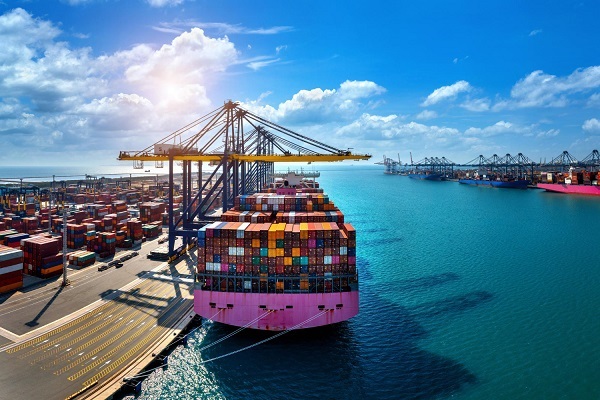In an increasingly interconnected world, domestic shipping plays a pivotal role in connecting regions within a country, facilitating trade, and bolstering economic growth. It is the backbone of a nation’s logistics infrastructure, enabling the efficient movement of goods and resources across vast distances.
Efficient Logistics and Connectivity
Domestic shipping serves as a critical link in the supply chain, connecting manufacturers, suppliers, and consumers across the country. By efficiently transporting goods from production centers to distribution hubs and markets, it ensures the availability of essential commodities throughout the nation. This accessibility leads to increased trade, improved living standards, and enhanced economic development.
With a well-developed domestic shipping network, remote and landlocked regions can overcome geographical barriers. It enables businesses to tap into new markets, promoting regional growth and reducing regional disparities. Moreover, it facilitates the exchange of ideas, cultures, and knowledge between different parts of a country, fostering social cohesion and national unity.

Boosting Economic Growth and Employment Opportunities
Domestic shipping significantly contributes to a nation’s economic growth by generating employment opportunities and stimulating various sectors. It directly employs a vast workforce, ranging from seafarers and dockworkers to logistics personnel and administrative staff. Additionally, it supports ancillary industries such as shipbuilding, repair and maintenance, fuel suppliers, and port infrastructure development.
A well-functioning domestic shipping industry attracts investments, both domestic and foreign, which further fuels economic growth. It creates a favorable environment for trade and commerce, enabling businesses to expand their operations and reach wider customer bases. The efficient movement of goods reduces transportation costs, increases market competitiveness, and encourages entrepreneurship and innovation.
Conclusion:
Domestic shipping plays a vital role in connecting nations, boosting economies, and fostering sustainable development. It forms the backbone of a country’s logistics infrastructure, ensuring the efficient movement of goods and resources. Connecting remote regions and landlocked areas bridges geographical gaps, promotes regional growth, and reduces disparities.
The economic significance of domestic shipping cannot be overstated. It generates employment opportunities, stimulates various sectors, and attracts investments. Through its seamless functioning, it facilitates trade, enhances market competitiveness, and fuels economic growth. Moreover, it promotes social cohesion and unity by enabling the exchange of ideas and cultures between different parts of a country.








